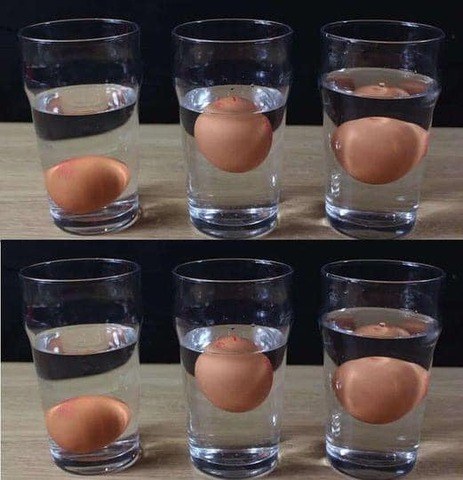Knowing whether an egg is fresh or spoiled can be the difference between a delicious meal and an unfortunate kitchen mistake. Fortunately, there are quick and reliable ways to test egg freshness without fancy tools or guesswork. Here are five effective methods to determine if your eggs are still good to eat — and how to keep them that way.
1. Check the Expiration or Best-By Date
The first and simplest step is to look at the packaging. Most store-bought eggs come with a stamped expiration or best-by date. While eggs can often remain usable beyond this date, it provides a good reference point. In some countries like France, regulations even prohibit selling eggs after a certain cutoff — usually a full week before their expiration. If stored properly in the refrigerator, uncracked eggs can stay fresh for up to 7–8 weeks. Keeping them cold and dry prevents mold growth and preserves both their taste and nutritional value.
2. Perform the Sniff Test
Your nose is one of the best tools for identifying a bad egg. If you crack an egg into a bowl and notice a strong sulfuric or rotten odor, don’t second-guess it — toss the egg immediately. Spoiled eggs have a distinct and unmistakable smell. Dietitian Taylor Jones advises, “If the smell puts you off, throw the egg away and thoroughly wash any utensils or bowls it touched.”
3. Examine the Shell Closely
Before even cracking the egg open, give the shell a good look. If you notice any powdery residue, slime, or visible cracks, that’s a sign of bacterial contamination or mold. These could potentially expose you to foodborne illnesses like salmonella. According to gastroenterologist Dr. Julia Roux, salmonella infections can cause serious symptoms such as fever, vomiting, and diarrhea, particularly in young children, the elderly, or those with weakened immune systems.
4. Try the Float Test
One of the most popular and dependable ways to test an egg’s freshness is the float test. Fill a bowl or glass with cold water and gently place the egg inside:
- If it sinks and lies flat on its side, it’s fresh.
- If it stands upright but remains submerged, it’s still edible but should be used soon.
- If it floats to the top, it’s no longer safe to eat.
This trick works because as eggs age, the liquid inside gradually evaporates through the shell, creating a larger air pocket. More air means more buoyancy — and a higher chance that the egg has gone bad.
5. Store Eggs the Right Way
Proper storage can greatly extend the life of your eggs. Keep them in the coldest part of your fridge, not in the door where temperature fluctuates. Avoid washing eggs before storing, as the natural coating on the shell helps protect against bacteria. And remember: once an egg is hard-boiled, it should be eaten within a week.
By using these five simple techniques, you can reduce food waste, protect your health, and always know whether that carton in the fridge is good to go. Fresh eggs mean better flavor, safer meals, and peace of mind every time you cook.



